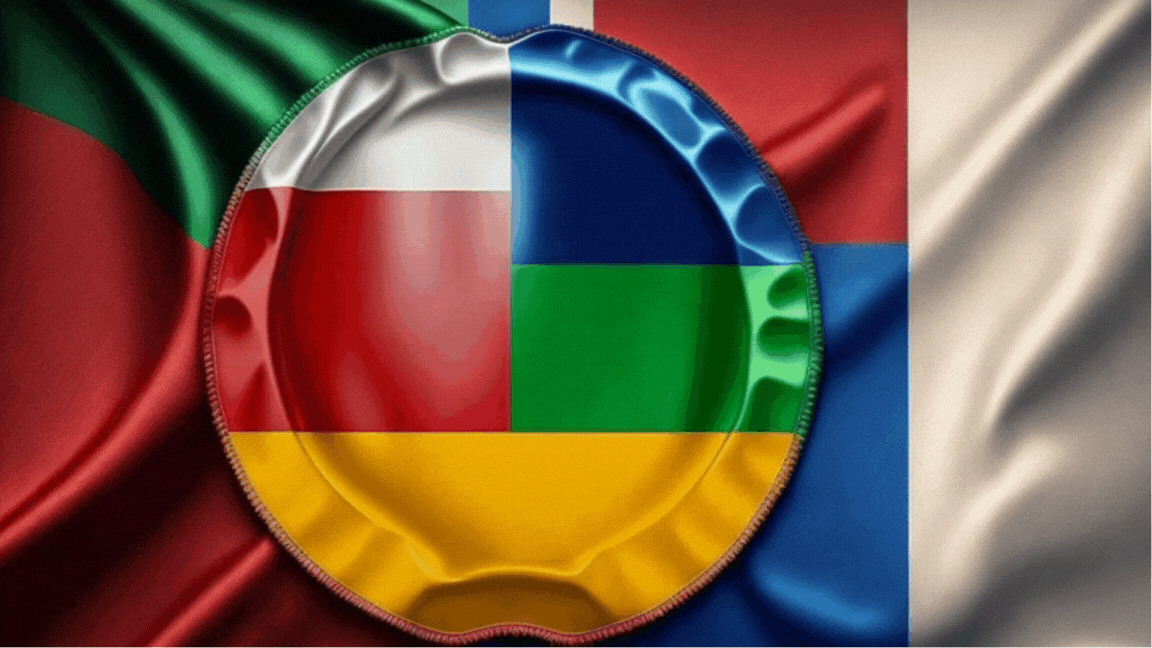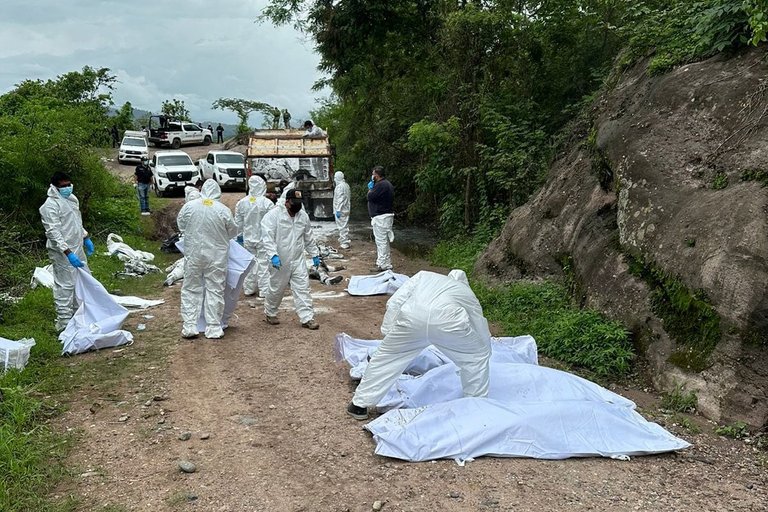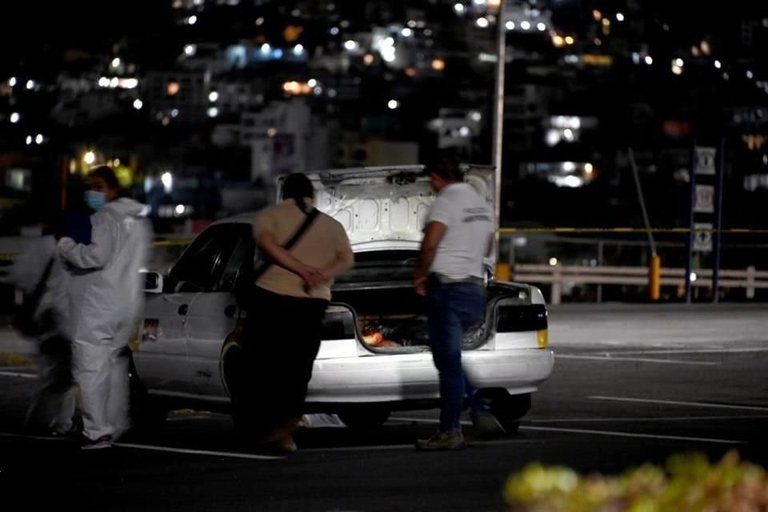
A lost challenge from the get-go?
Reports out this week tell us that Mexico's president-elect selected an experienced police officer—nicknamed Batman and a bombing survivor—to head her security ministry. The problem is that the outlook is not promising for whoever takes the reins on that front. The de facto dominance of criminal organizations in certain parts of the Aztec geography is scandalous. The dominance or the bidding for that dominance. Last week it was reported that a score of corpses, all with bullet wounds, were found in a municipality in the ultra-violent southern border state of Chiapas.
The Guatemalan consulate in the town of Tuxtla Gutiérrez confirmed yesterday that seven Guatemalan nationals were among those killed in the massacre, all alleged members—along with the rest of the victims—of a criminal organization known as the "cartel of Chiapas and Guatemala". The notorious Sinaloa cartel claimed responsibility for the bloody act (the latter link leads to a shocking video showing the bodies, including the moment when one of the victims is finished off). Unfortunately, it does not seem to me that Mexican politics has an answer even in the long term for this, not even Batman.
 The authorities removing the corpses (source).
The authorities removing the corpses (source).At press time we learned that three dismembered corpses were abandoned on Friday night in the parking lot of an American chain-owned supermarket in the port city of Veracruz, Guerrero state. Authorities reported that the torsos of the victims—two men and a woman—were inside black plastic bags, while legs, arms, and heads were inside the trunk of the cab. The event is presumed to be linked to a criminal group, specifically the Jalisco Cartel New Generation, based on a narco message left in the vehicle.
 The cab abandoned (source).
The cab abandoned (source).Tension begins between Colombia and Panamá over migration crisis
As I announced in a previous report, although Gustavo Petro had been diplomatic during his attendance at the inauguration of his peer José Raúl Mulino in Panamá, he did not commit in the least to follow his hard-line policy towards irregular migration. The Colombian president puts the spotlight on its causes and demands that countries such as the United States abandon certain policies of economic warfare feeding it, thinking fundamentally in the Venezuelan case. While Mulino understands the issue exclusively from the point of view of security and order in his country, Petro focuses on the human factor and the vulnerability of migrants.
Now, given the Greg Abbott-style closure of three informal border crossings on the Panamanian side, the Colombian Ombudsman's Office warns of a potential "damming of people" in the Colombian municipalities through which the migrant population transits. Furthermore, it points out that the approach adopted by the new tenant of the Palace of the Herons "affects [the] fundamental rights" of migrants. The Colombian Foreign Ministry stated in May that it "would not agree with the closing of borders, [let alone talking about] the Darien border", as Bogotá advocates for "more humanitarian exits for this population".
Another plan to attempt against Maduro?
The Venezuelan Public Prosecutor's Office opened a new investigation to determine if opposition factors contacted a paramilitary group in Colombia to generate the context of a civil war after the general elections to be held next July 28. The Colombian group known as *Autodefensas Conquistadores de la Sierra Nevada" stated via X that "units in the department of La Guajira [were] contacted by extreme right-wing groups from Venezuela, to destabilize [its] government, [making] all kinds of requests, among them, to attack the electrical infrastructure, act against [Nicolás Maduro], and act in case he is re-elected by infiltrating protests and generating chaos in the streets". Commonly the plans of attacks denounced by Chavismo tend to be dismissed by default by many, but perhaps there could be a solid line of investigation this time. As I have said before, one of the main weapons the officialism has is that the opposition is extremely erratic and sometimes even anti-national.
Comunicado a la opinión pública🛑
— ACSN (@ACSN129068) July 5, 2024
Las AUTODEFENSAS CONQUISTADORAS DE LA SIERRA, se permite informar a la opinión pública, nacional e internacional, que nuestras unidades en el departamento de la guajira han sido contactadas por grupos de extrema derecha de Venezuela, para… pic.twitter.com/AnbY0PI85c
And this is all for our report today. I have referenced the sources dynamically in the text, and remember you can learn how and where to follow the LATAM trail news by reading my work here. Have a nice day.

